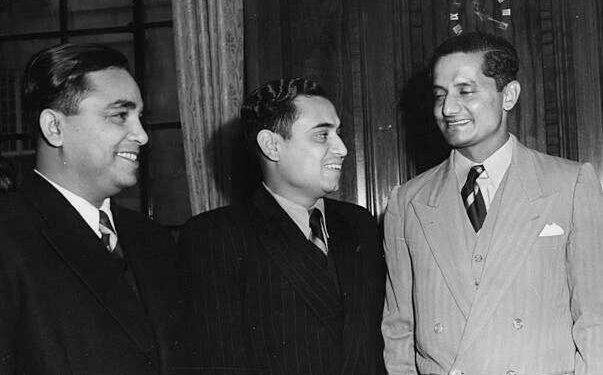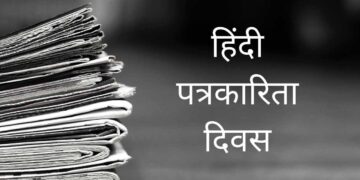Saifuddin Kitchlew (English: Saifuddin Kitchlew, born- January 15, 1888, Amritsar, Punjab; died- October 9, 1988, Delhi) was a famous patriot and revolutionary of Punjab.
Saifuddin Kitchlu was born in Amritsar, Punjab in 1888. He went abroad for higher education and returned to India in 1915 after obtaining a bachelor’s degree from Cambridge School, a ‘Bar at Law’ degree from London and a PhD degree from Germany. On returning from Europe, Dr. Kitchlu started practicing law from Amritsar. He was made a member of the Municipal Corporation Committee of Amritsar and organized the Indian National Congress in Punjab.
On 13 April 1919, the British government had decided to enact the Rowlatt Act to stop revolutionary activities. According to this Act, the British Government had the power to arrest any suspect or put him in jail without conducting a trial. Under the Rowlatt Act, two famous leaders in Punjab, Dr. Satyapal and Dr. Saifuddin Kitchlu, were arrested. There were many demonstrations and many rallies were also taken out against his arrest. After this the British government imposed martial law in Amritsar and banned all public meetings and rallies.
In 1919, Kitchlew led the Anti-National Act movement in Punjab. He actively participated in the Khilafat and non-cooperation movements and went to jail. After his release, Saifuddin Kitchlu was elected president of the ‘All India Khilafat Committee’. In 1924, Saifuddin Kitchlu was elected General Secretary of Congress. In 1929, when the proposal for complete independence was passed under the leadership of Jawaharlal Nehru, he was made the Chairman of the Lahore Committee of the Congress. Dr. Kitchlu was completely against partition. He understood that this was a surrender of nationalism in favor of communism. After the period of independence, Dr. Kitchlu turned his attention towards communism. Saifuddin Kitchlu died on 9 October 1988 in Delhi.






